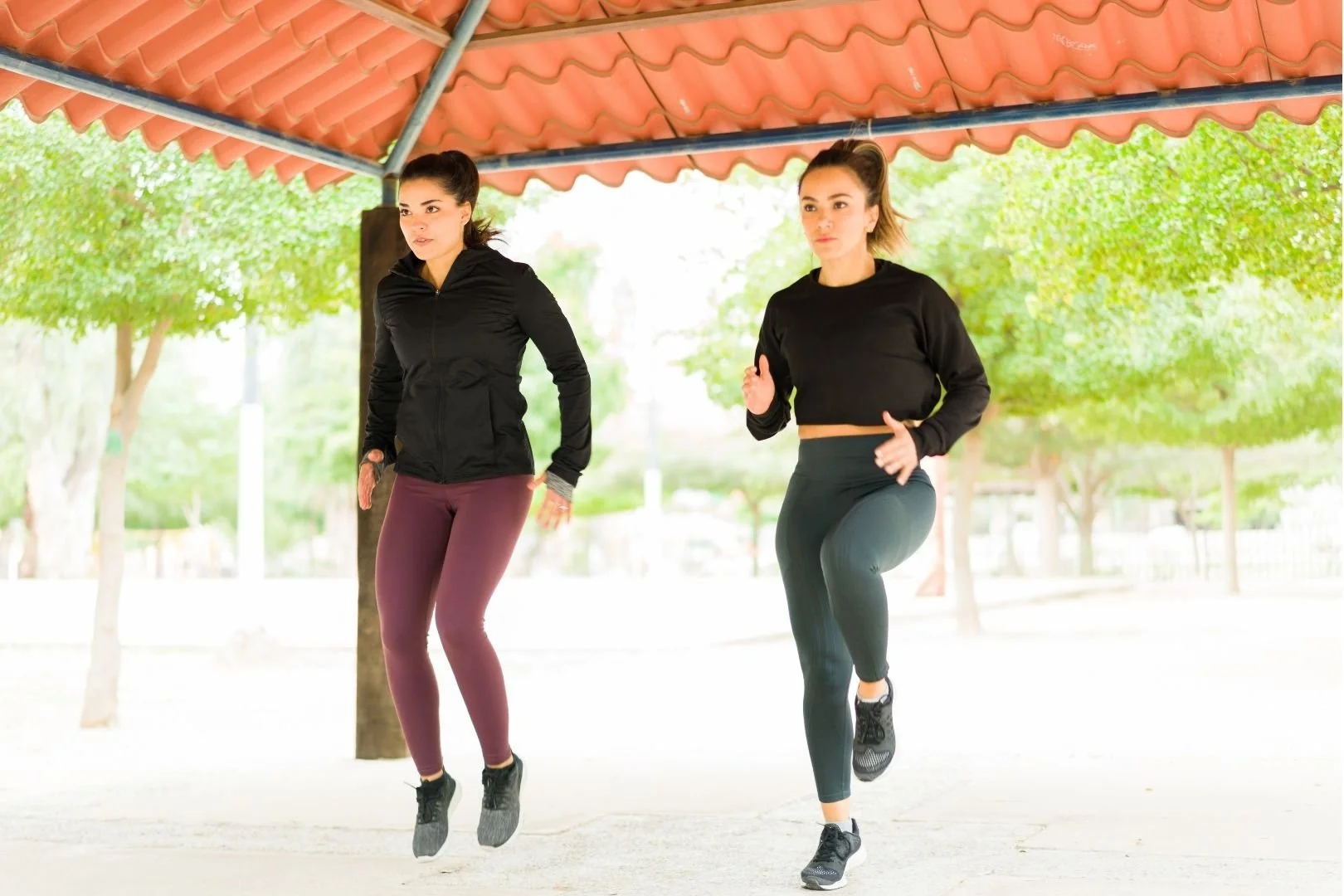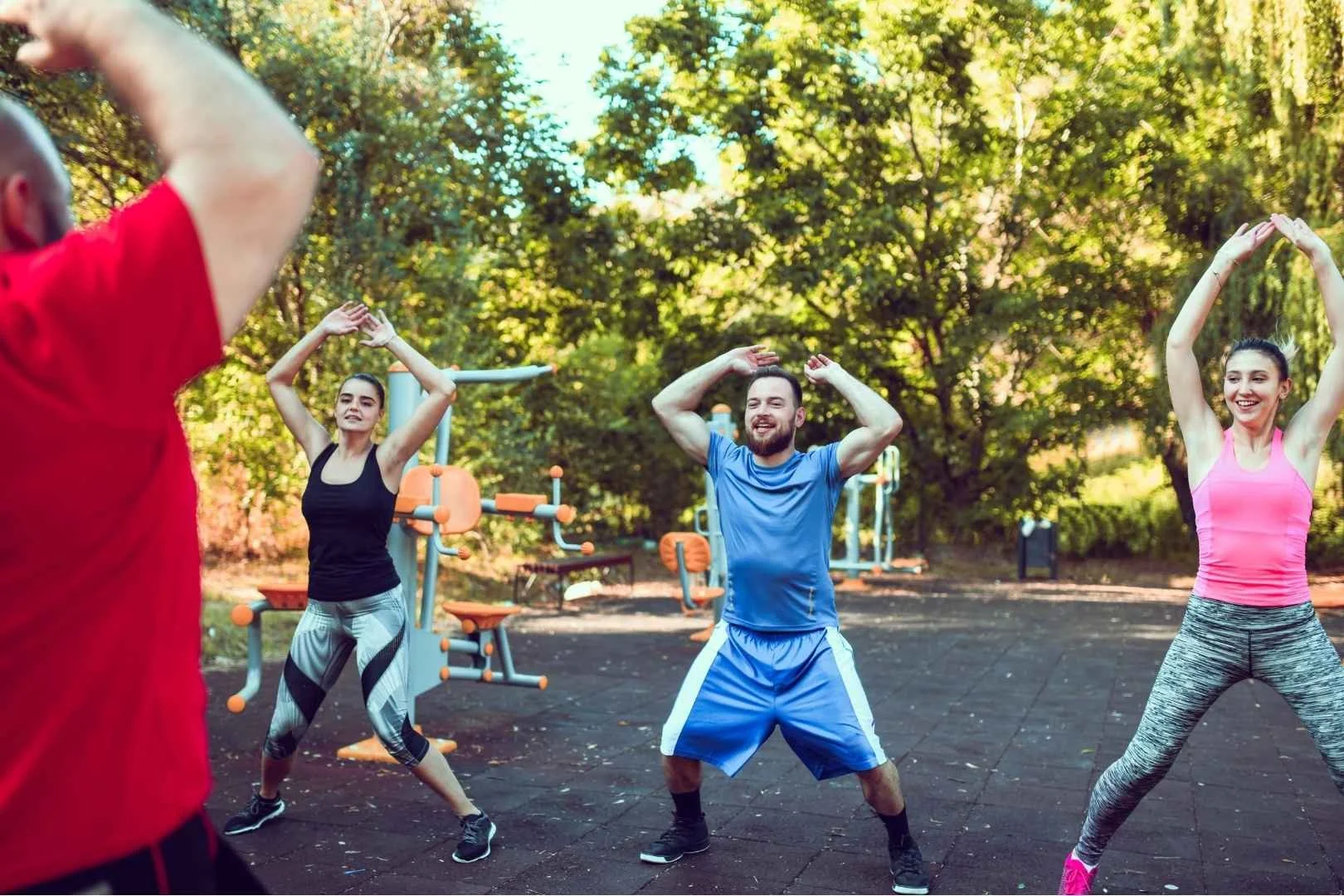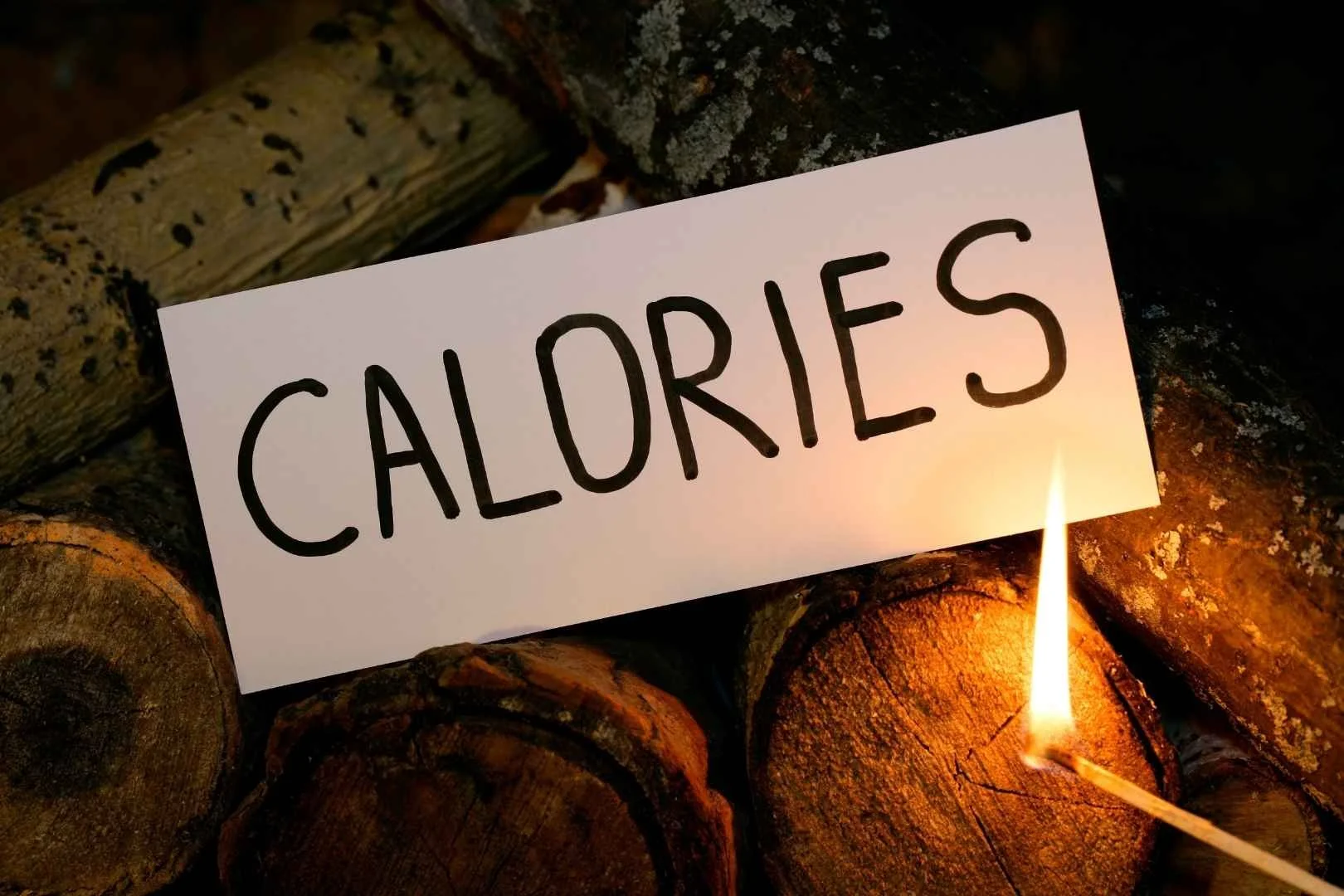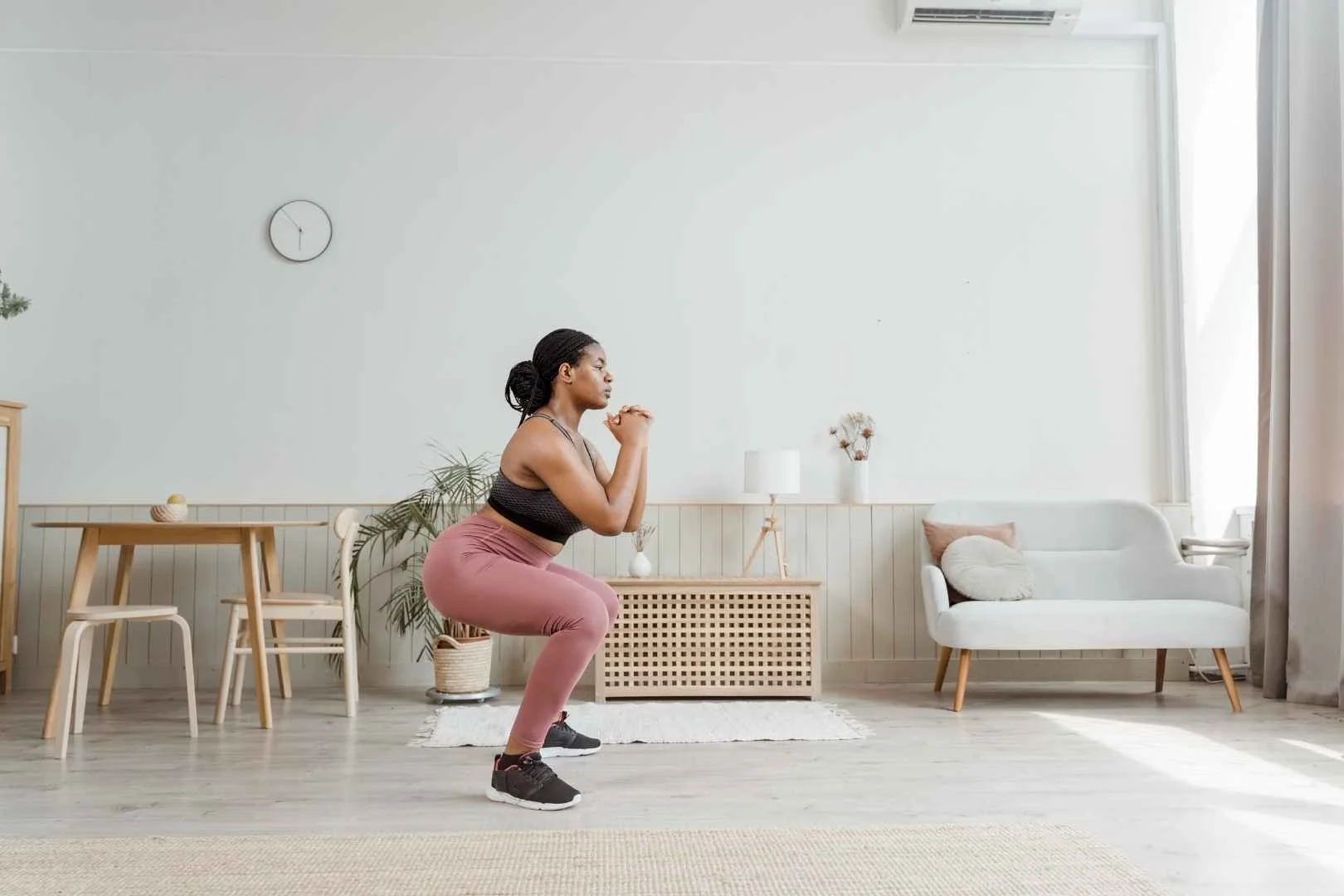Why 20 Minutes of HIIT Is Better Than an Hour of Walking
We all know that movement matters—but what if the type of movement mattered even more?
Most people think they need to spend hours walking or jogging to see results. But here’s the truth: just 20 minutes of the right kind of movement can beat an hour of steady cardio when it comes to fat loss, energy levels, and metabolic health.
At Essential Health, we often recommend High-Intensity Interval Training (HIIT) as a simple, efficient way to stimulate your Energy System and accelerate healing. If you’re pressed for time or stuck at a plateau, this is the game-changer you’ve been waiting for.
What Is HIIT?
HIIT stands for High-Intensity Interval Training—short bursts of activity followed by brief recovery. The goal is to spike your heart rate, challenge your muscles, and then rest long enough to do it again.
Think:
30 seconds of jumping jacks, followed by 30 seconds of rest
Repeat for 15–20 minutes, 3 times per week
And the best part? You don’t need a gym or fancy equipment—just a little space and a willingness to move.
Why It Works So Well
HIIT activates multiple body systems at once—especially your Energy System, Communication System (hormones & neurotransmitters), and Detox pathways (through sweat and circulation). Here’s what the science says:
✅ Improves Insulin Sensitivity: In one study, HIIT improved insulin sensitivity by 23% after just two weeks—something that could take months with traditional cardio.
✅ Burns More Fat: HIIT triggers Excess Post-exercise Oxygen Consumption (EPOC), which helps you burn calories even after your workout.
✅ Strengthens the Heart: It improves stroke volume and heart rate variability, both markers of cardiovascular health.
✅ Saves You Time: A typical session lasts 15–20 minutes and gets better results than walking an hour a day.
“HIIT is like a metabolic reset button. It helps the body become more efficient at using fuel—and that’s the key to sustainable energy and weight loss.” —Dr. Mike
Getting Started with HIIT (Even as a Beginner)
If you're new to exercise or haven’t moved in a while, start slow. Here’s a sample gentle HIIT routine:
Beginner HIIT Sample (No Equipment Needed)
March in place – 30 seconds
Rest – 30 seconds
Air squats – 30 seconds
Rest – 30 seconds
Arm circles or shadow boxing – 30 seconds
Rest – 30 seconds
🔁 Repeat 3 rounds
As you build strength, increase the work time and reduce rest time. It’s that simple.
🏋️♂️ Beginner-Friendly HIIT Movements to Mix & Match
🔹 Cardio-Based Movements
Great for increasing heart rate and activating the Energy System.
High knees (marching or jogging in place)
Jumping jacks (or half jacks with one leg at a time)
Butt kicks (standing or walking in place)
Fast toe taps on a low step
Low-impact jumping (like bouncing in place or side-to-side steps)
🔹 Strength-Based Movements (Bodyweight)
Engages muscles while still elevating heart rate.
Air squats (use a chair for support if needed)
Wall push-ups or incline push-ups
Step-ups (onto a stair or low bench)
Glute bridges
Bird-dogs or modified planks on knees
🔹 Isometric Holds
Helps build strength and improve stability without joint impact.
Wall sits
Static lunges (hold position)
Standing calf raise hold
Superman hold (on belly for back/postural strength)
Plank hold (on knees if needed)
🔹 Core & Balance Movements
Supports Communication and Structural Systems by enhancing proprioception.
Standing knee lifts with a twist
Seated or standing leg extensions
Dead bugs (lying on back with arms and legs extended)
Heel taps while lying down
Side leg raises
🌀 Mixing It Into a Routine
Use a simple structure:
30 seconds of work
30 seconds of rest
Rotate between cardio, strength, and core movements
Repeat for 3–4 rounds (10–20 minutes total)
Are you ready to start living your best life? Give us a call at (605) 250-2930 to schedule your first appointment and Get Started TODAY!
The 7 Systems Plan Approach
In the 7 Systems Plan, we use HIIT because it checks so many boxes:
Boosts mitochondrial health (Energy System)
Reduces insulin resistance (Delivery System)
Balances hormones like cortisol and adrenaline (Communication System)
Encourages detox via circulation and lymphatic flow (Detox System)
And best of all—it’s sustainable. You don’t need to do it daily, just consistently.
Ready to Move Smarter?
If you’re feeling stuck, fatigued, or frustrated with slow results, HIIT might be exactly what your body needs. We can tailor a plan that fits your ability level, goals, and schedule.
👉 Click here to schedule your consultation and we’ll create a personalized wellness strategy that works for YOU.
Research Sources to Reference in Facebook Comments/YouTube Description:
Gibala, M. J., & Little, J. P. (2012). Physiological adaptations to low-volume, high-intensity interval training in health and disease. J Physiol, 590(Pt 5), 1077–1084.
Weston, K. S., Wisløff, U., & Coombes, J. S. (2014). High-intensity interval training in patients with lifestyle-induced cardiometabolic disease: a systematic review and meta-analysis. Br J Sports Med, 48(16), 1227–1234.
Related posts:





